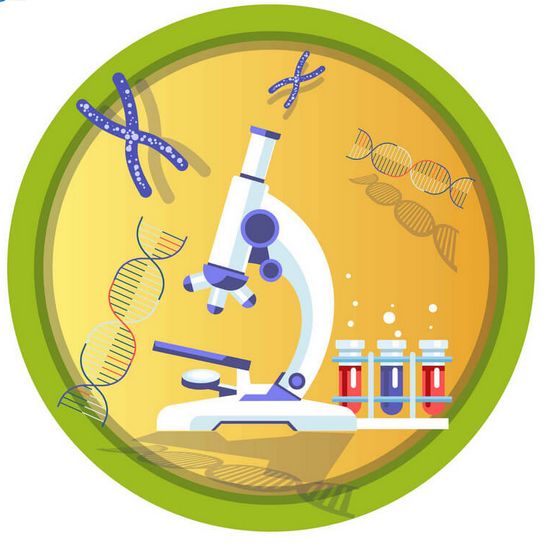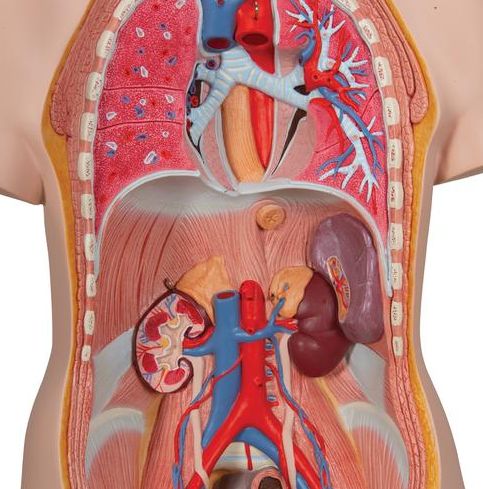قراءة لمدة 1 دقيقة Bradyrhizobium

Bradyrhizobium is a genus of Gram-negative soil bacteria that naturally occur as free-living soil bacteria or in symbiotic relationships with legumes.
"Bradyrhizobium" is known for nitrogen fixation, which converts atmospheric nitrogen into ammonia (N2 - NH3).
This process allows plants and other organisms to use organic compounds, such as nitrates, more readily.
Nitrogen-fixing bacteria such as "Bradyrhizobium" are crucial to chemical cycles in the soil.
Microbiology.
Ecology.
"Bradyrhizobium" species are Gram-negative, rod-shaped (also called bacilli) with a flagella (like a tail) to help them move through their environment.
Gram-negative bacteria are smaller types of bacteria with thin cell walls that are sensitive to drought or water stress.
They are commonly found in the soil where they can form relationships with plant roots such as peas, clover, and other legumes in a mutually beneficial, or symbiotic, relationship.
In exchange for their nitrogen fixation, the "Bradyrhizobium" benefit from carbohydrates made by the plant.
They are also common in forest soils, although these species tend not to fix nitrogen.
Taxonomy.
Accepted species.
"Bradyrhizobium" genus comprises the following species:
Provisional Species.
The following species have been published, but not validated according to the













































